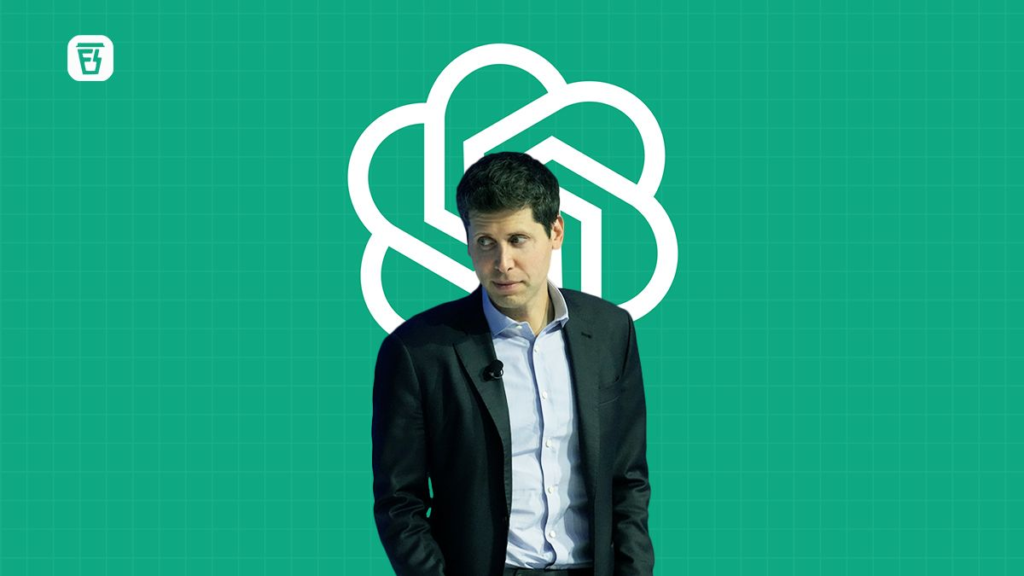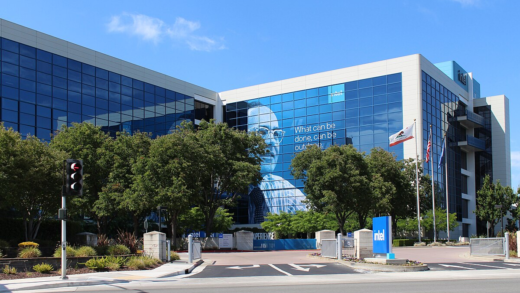
OpenAI, the company behind ChatGPT, is reportedly undergoing a significant restructuring that could reshape its business model. Sources familiar with the plan revealed that OpenAI is preparing to transition from being governed by its non-profit board to becoming a for-profit benefit corporation. This move is expected to make OpenAI more appealing to investors while maintaining a minority stake for the non-profit entity.
As part of this shift, OpenAI CEO Sam Altman is set to receive equity in the restructured company, which may soon be valued at $150 billion. The restructuring aims to lift the cap on investor returns, which could have major implications for the company’s investment landscape.
A New Governance Structure
This change highlights a shift in how OpenAI will handle both its financial interests and AI risk management. While the non-profit arm will retain a minority stake, the company’s new for-profit governance could alter how it balances investor interests with its mission of creating beneficial AI. Altman emphasized that OpenAI remains committed to building AI that benefits everyone and that the non-profit remains central to their mission. However, the full details of the restructuring are still being finalized, and the timeline for completion is uncertain.
Leadership Changes and Rapid Growth
The restructuring also coincides with significant leadership changes at OpenAI. Longtime CTO Mira Murati recently left the company, while President Greg Brockman has been on leave. Despite these internal shifts, OpenAI continues to grow rapidly. ChatGPT, the company’s flagship product, launched in 2022 and has since garnered over 200 million weekly active users, becoming one of the fastest-growing applications in history. As a result, the company’s valuation has skyrocketed from $14 billion in 2021 to a potential $150 billion under its latest investment round, drawing attention from major investors like Thrive Capital and Apple.
The Balance Between Profit and Safety
OpenAI’s initial structure, designed to ensure the safe development of artificial general intelligence (AGI), placed control of the for-profit subsidiary in the hands of the non-profit. This structure was intended to ensure that the company remained focused on creating “safe AGI that is broadly beneficial.” However, with the recent changes in leadership and governance, some members of the AI safety community have raised concerns about whether OpenAI will continue to prioritize safety as it moves toward a more traditional startup model. Earlier this year, the company dissolved its superalignment team, which focused on mitigating the long-term risks of AI.
The Future of OpenAI
If the restructuring proceeds, OpenAI’s new structure would resemble that of rival AI companies like Anthropic and Elon Musk’s xAI, both of which are for-profit benefit corporations. These companies aim to balance profitability with social responsibility. However, the shift away from non-profit control at OpenAI raises questions about how well the company will continue to manage the ethical and safety concerns surrounding advanced AI.
While the exact terms of Altman’s equity stake remain unclear, this restructuring will likely lead to significant changes in how OpenAI operates and is governed in the years to come.










